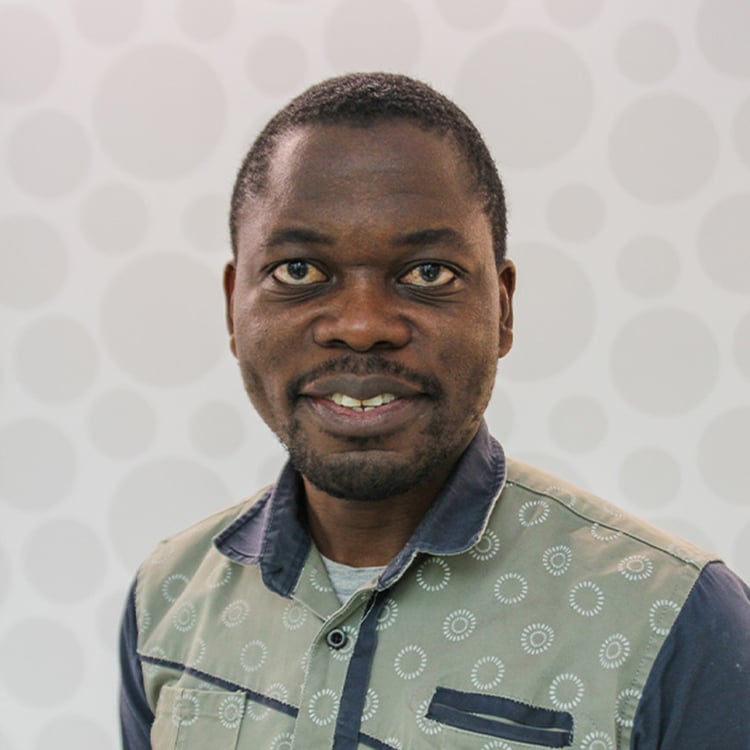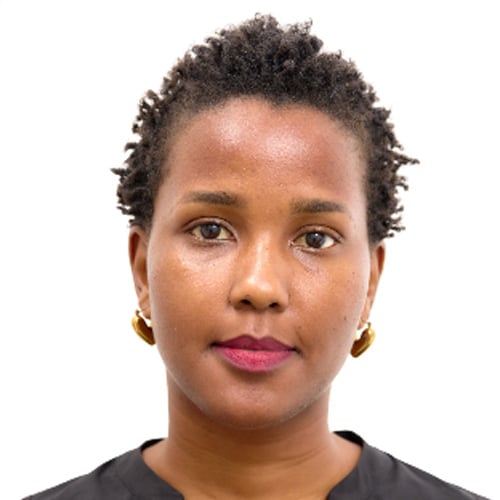Geography offers a powerful lens through which to view child health and development.
We know that many of the components that determine the health of a population are inherently geographical, that is, they vary in a systematic way from place to place. This is true of nearly all infectious and non-communicable diseases, but is also commonly seen in child wellbeing, developmental and educational outcomes.
Understanding the geography of child health and development potentially allows better targeting of a response: action against an infectious disease hotspot; a targeted public health campaign to promote pro-health behaviours; allocation of health services to reach an under-served population. Crucially, by analysing how health varies, we are often able to better understand why it varies – identifying underlying risk or protective factors that affect different populations to different extents.
Advances in the amount, quality, and geographical precision of available data mean we are better placed than ever before to gain detailed geographical insights into a wide range of child health and development challenges. Leveraging these data require increasingly sophisticated geospatial analysis methods and the Child Health Analytics Team are among the world leaders in the use of spatial analysis, geostatistics and geographical information systems in health research.
The Child Health Analytics Team has research focus areas addressing both global and local health challenges.
- Our flagship global project is the Malaria Atlas Project (MAP). MAP is a 15-year project funded by the Bill and Melinda Gates Foundation that tracks the global distribution of malaria – one of the largest contributors to child mortality across the world.

- In Western Australia, we are playing a lead role in the DETECT Schools project which is improving our understanding of the risk and impact of COVID-19 on school communities across the State.
Team leader
Head, Child Health Analytics
Team members (24)

PhD (Biostatistics)
Honorary Research Associate
Senior Solutions Development Lead, Geospatial Health and Development Data Engine
Honorary Research Associate

PhD
Research Officer

BSc PhD
Director of Malaria Risk Stratification
Front-End Developer

BA, MPH, MPhil
Research Assistant

PhD
GIS Specialist

BA (Oxon), MSt, MSc
Senior Analyst Programmer

BSc MSc
Analyst Programmer

DPhil, BSc (Hons)
Senior Research Officer

BSc

PhD
Honorary Research Associate

PhD
Research Officer

BS, MS
Honorary Team Member

PhD
Senior Research Officer

M.D

BSc
Software Developer
AWS Architect

B.Sc. Physical Sciences, M.Sc. Mathematics, Master in Statistics

BCom
Research Support Officer
Featured projects
Malaria Atlas Project (MAP)
The Malaria Atlas Project (MAP) aims to disseminate free, accurate and up-to-date geographical information on malaria and associated topics. Our mission is to generate new and innovative methods to map malaria, to produce a comprehensive range of maps and estimates that will support effective planning of malaria
August 2021
Other projects
Development of a universal aftercare model for people who have presented to the emergency department for a suicidal crisis in WA Modelling the COVID pandemic with the Geographical COVID-19 Model (GEO-COV) Measuring how a disease outbreak could spread in WA Tracking global intervention coverage Geospatial modelling for malaria risk stratification and intervention targeting for low-endemic countries Geospatial modelling for malaria risk stratification and intervention targeting for high burden high impact countries All Child Health Analytics projects








